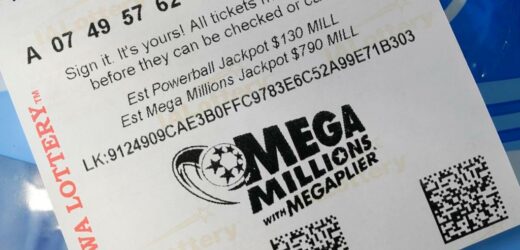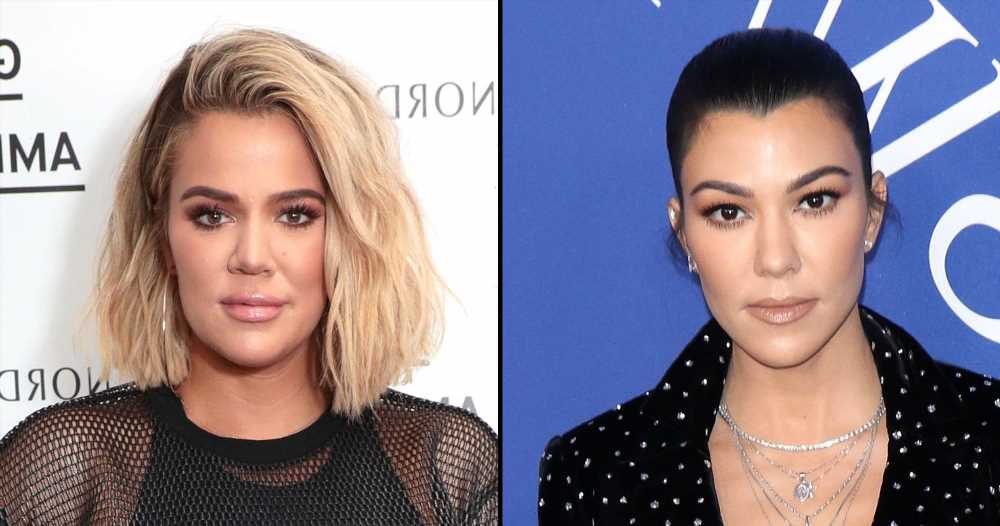DES MOINES, Iowa — The chances are steadily rising that someone will win the massive $830 million Mega Millions jackpot on Tuesday night, but will it be you?
Almost certainly not.
That’s because while the nation’s fourth-largest lottery prize has sparked a surge in sales that will mean more possible number combinations are covered, your odds of winning remain the same. At 1 in 302.5 million, they’re pretty miserable.
National Mega Millions sales rose from $116 million for the July 19 drawing to $172.1 million for the July 22 drawing, according to Marie Kilbane, a spokeswoman for the Ohio Lottery Commission. And with all the attention on Tuesday’s giant prize, lottery officials expect sales to climb to $262.1 million for the drawing.
The additional ticket purchases mean that while 23% of all number combinations were covered for the July 22 drawing, about 33% will be covered for Tuesday’s.
Sales likely will grow even larger if there again isn’t a winner. Kilbane says the jackpot likely would top $1 billion for Friday’s drawing.
The last time someone beat the staggering odds and won the Mega Millions jackpot was April 15, when a Tennessee player matched all six numbers and snagged a $20 million prize.
Since then there have been 28 consecutive draws without a jackpot winner, allowing the prize to grow week after week.
Although someone theoretically could buy all the 302.5 million possible number combinations, in practice it would be nearly impossible and would likely be a financial flop.
That’s because even after coming up with more than $600 million to buy all those $2 tickets, a team of people would need to somehow coordinate their request of each number combination and payment. Considering the hundreds of millions of options, it would be a staggering chore.
Even if someone accomplished that task, keep in mind that the advertised $830 million prize is for the annuity option, paid annually over 30 years. Nearly everyone opts for cash, which for Tuesday’s drawing would be $487.9 million, of which about one-third would go toward federal taxes with possibly more for state taxes, depending on where the buyer lived.
After all that, there is a chance that some of the countless people who also plunk down a few bucks for a ticket could hit the winning numbers, meaning the potential jackpot would be divided in half or in thirds.
Winless streaks have gone longer in the past, with the record being a 36-roll run that ended Jan. 22, 2021, with a $1.05 billion Mega Millions payout in Michigan. That was the third-largest prize ever won.
The biggest was a gargantuan $1.586 Powerball jackpot won in 2016 by three players in California, Florida and Tennessee.
Mega Millions is played in 45 states as well as Washington, D.C., and the U.S. Virgin Islands. The game is overseen by state lottery officials.
Source: Read Full Article


